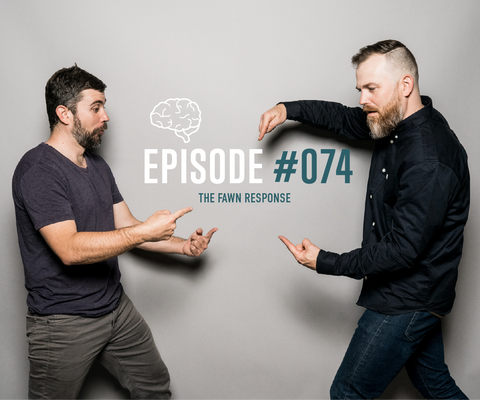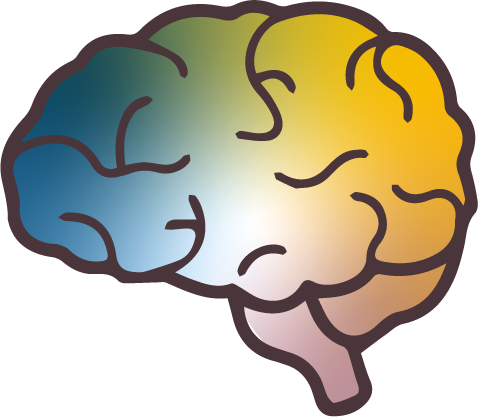
#74 The Fawn Response
00:00 Intro
01:41 Intro music
03:10 What is the fawn response
08:00 Why revert to fawn response
10:00 Enmeshment
16:00 Characteristics of fawn response
37:15 Why are we talking about it
Watch:
Listen:
INTRO TO FIGHT, FLIGHT, FREEZE & FAWN
- Intro freeze episode and how it came up
-
What is the Fawn Response?
- Pete Walker, psychotherapist and author of Complex PTSD: From Surviving to Thriving wrote: The fawn response is “a response to a threat by becoming more appealing to the threat.”
- Psych Central:
- Fawning refers to consistently abandoning your own needs to serve others to avoid conflict, criticism, or disapproval.
- Fawning is also called the “please and appease” response and is associated with people-pleasing and codependency.
-
Why do we revert to Fawn Response?
- Childhood Trauma
- Complex Trauma (war trauma)
-
Fawning is particularly linked with relational trauma or trauma that occurred in the context of a relationship
- Abuse: harmful experiences that could be physical, sexual, or emotional in nature
- Neglect: trauma as a result of things that didn‘t happen, such as physical or emotional neglect
- Enmeshment: a lack of boundaries between family members that can impair a child’s independence and sense of self
-
Let's talk about Enmeshment
- Enmeshment is a description of a relationship between two or more people in which personal boundaries are permeable and unclear.
-
You grow up in this environment and then you go to a job where there is no clear direction on what is required of you but you get yelled at if you fuck something up.
- eFactory, “50% of employees across all sectors currently lack role clarity in the workplace.” (source is selling something, so…)
-
Is Fawn Your Response?
- stifling your own needs
- finding authentic self-expression challenging
- flying under the radar
- having trouble saying “no”
- over-apologizing
- holding back opinions or preferences that might seem controversial
- experiencing chronic pain or illness
- having depression, which can be linked with trauma
- trouble with personal boundaries
- assuming responsibility for the emotional reactions and responses of others
- fixing or rescuing people from their problems
- attempting to control other’s choices to maintain a sense of emotional safety
- denying your own discomfort, complaints, pain, needs, and wants
- changing your preferences to align with others
-
Why Are We Talking About This on a Focus Podcast?
- Well, we are talking about it because of a therapy session, but…
- Bryan… I wonder… out of all the people who stop and start businesses, I wonder how many just mentally murder themselves because of childhood trauma….
- The Fawn response is absolutely sucking your focus. You literally are losing yourself trying to appease others.
- National Institute for Children’s Health and Safety: Nearly half of American children—are exposed to adverse childhood experiences (ACEs) that can severely harm their future health and well-being. As a manager or owner, half of your employees experienced real trauma…

Comments (0)
There are no comments for this article. Be the first one to leave a message!